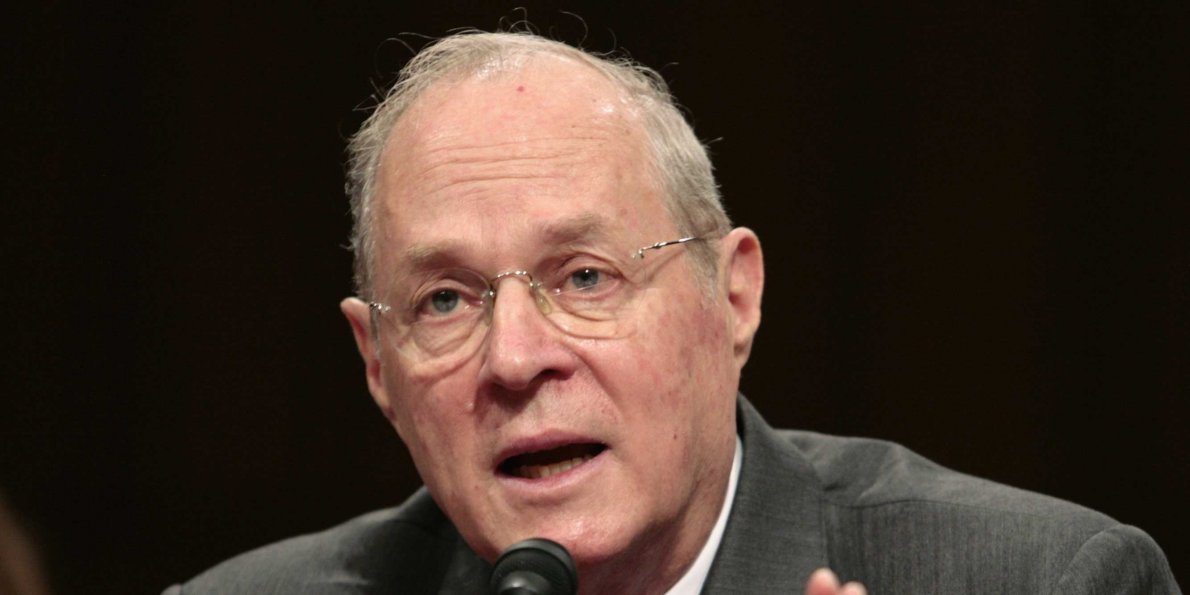The Texas Supreme Court issued a bizarre ruling on Friday that, Obergefell notwithstanding, it isn’t clear whether Houston can legally provide marriage benefits to city employees married to someone of the same sex, given the state’s laws prohibiting such benefits.
First, a little background on the Texas Supreme Court: Justices are elected in partisan elections, and all nine justices are Republicans. In fact, the court in this deeply red state has been all-Republican since 1999.
To respect precedent and the rule of law, the court should have held that Obergefell requires the government to treat all marriages the same regardless of the sex of the spouses. But that’s not what they did, as today’s decision states:
The Supreme Court held in Obergefell that the Constitution requires states to license and recognize same-sex marriages to the same extent that they license and recognize opposite-sex marriages, but it did not hold that states must provide the same publicly funded benefits to all married persons …
The state supreme court doesn’t take a position on the benefits issue, but remands it back to the trial court for it to consider:
We cannot resolve the parties’ claims now, however, because they have not yet been fully developed or litigated. The parties’ arguments address the meaning and ramifications of Obergefell, which was not announced until after the parties had filed their briefs in the court of appeals. Naturally, the parties did not raise their current arguments in the trial court or in the court of appeals, and neither court ruled on them.
In explaining why Obergefell supposedly left so many questions unanswered, the Texas justices show what would charitably be called severely flawed reasoning:
Already, the [U.S.] Supreme Court has taken one opportunity to address Obergefell’s impact on an issue it did not address in Obergefell, and there will undoubtedly be others. See Pavan [v. Smith, the end-of-term summary reversal of an Arkansas court’s ruling upholding discriminatory rules for listing married parents on a birth certificate if they are of the same sex. Footnote 21]
Footnote 21: On the same day the Supreme Court issued its per curiam opinion in Pavan, it also granted certiorari in another case involving a same-sex-marriage issue Obergefell did not address. … The Court’s decision to hear and consider Masterpiece Cakeshop [a case involving a baker’s refusal to make a wedding cake for a gay couple] illustrates that neither Obergefell nor Pavan provides the final word on the tangential questions Obergefell’s holdings raise but Obergefell itself did not address.
This “reasoning” would be laughable if it weren’t so harmful
Pavan reversed the lower court without even a hearing not because it was an example of an “open question” left by Obergefell that the Court needed to address. The Court forcefully issued a summary reversal precisely because Obergefell provided the final word on these types of issues.
As for Masterpiece Cakeshop, that case has nothing to do with marriage. At the time that the baker refused to make a wedding cake for a gay couple, citing his religious opposition to their union, Colorado did not allow legal marriage. The couple was having a commitment ceremony with no legal recognition or consequence, and the baker did not want to provide a cake, in violation of state anti-discrimination law. This has nothing to do with some kind of “open question” left unaddressed by Obergefell.
What the Texas Supreme Court did today cannot be considered logical or even close to legally sound. Instead, it seems more like a desperate effort to reach the result the justices prefer.
The decision was unanimous, meaning that it had the support of Justice Don Willett, who is on President Trump’s list of potential Supreme Court nominees. Today’s ruling tells us a great deal about the kind of justices and judges Trump wants to fill the federal bench with.
This post originally appeared on People For the American Way’s blog.







